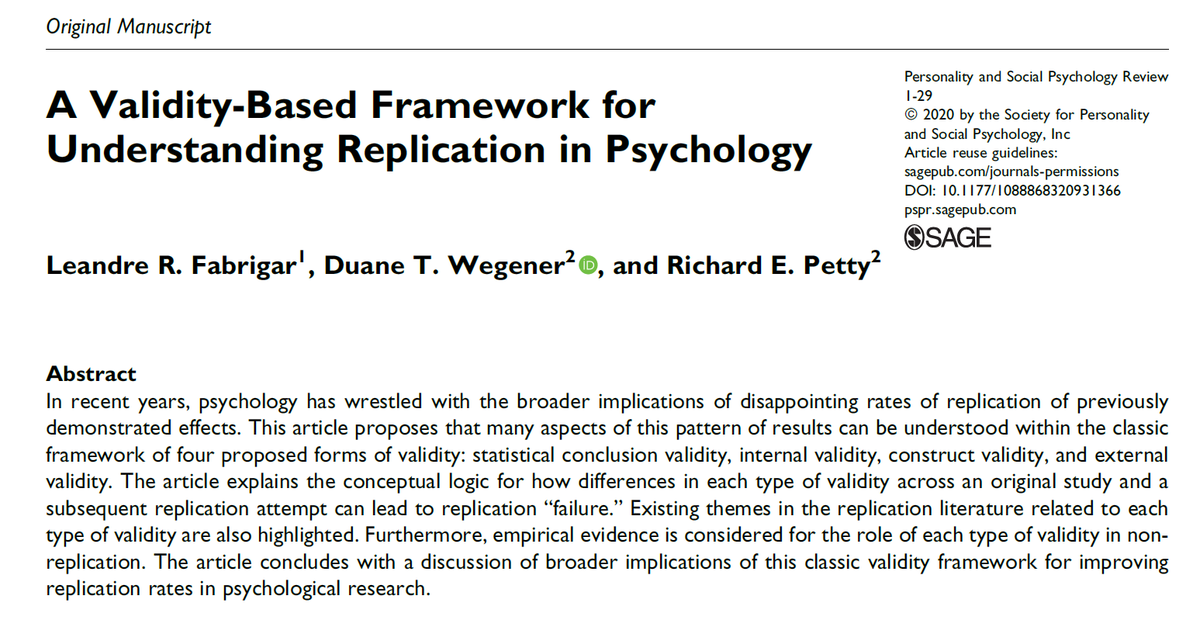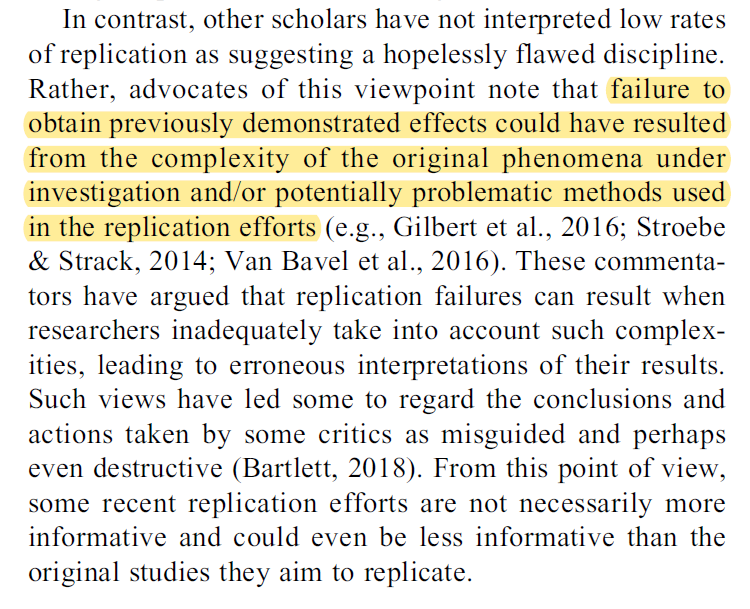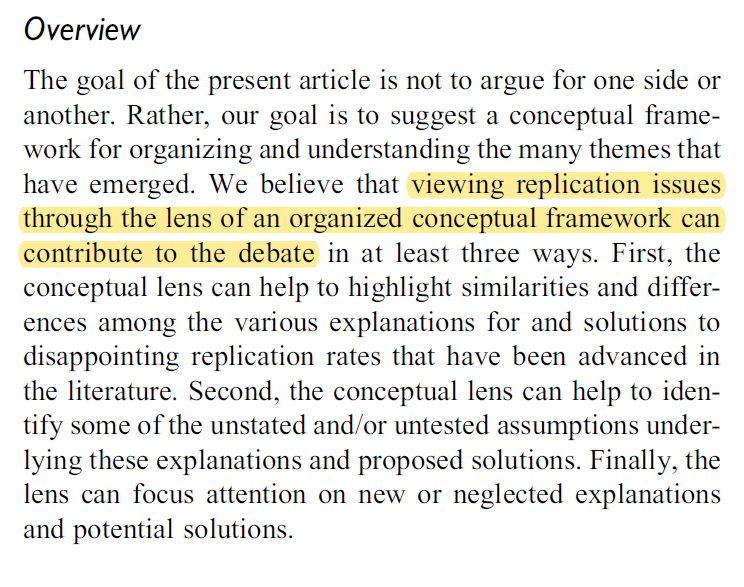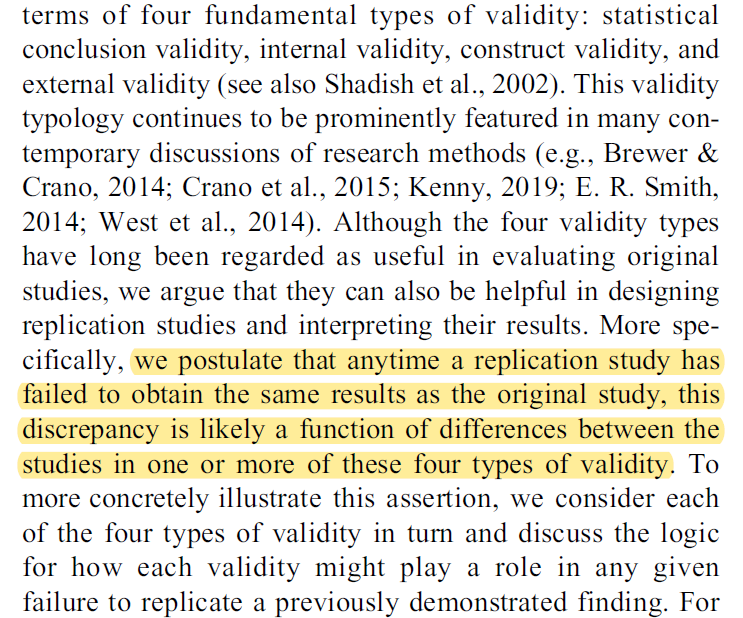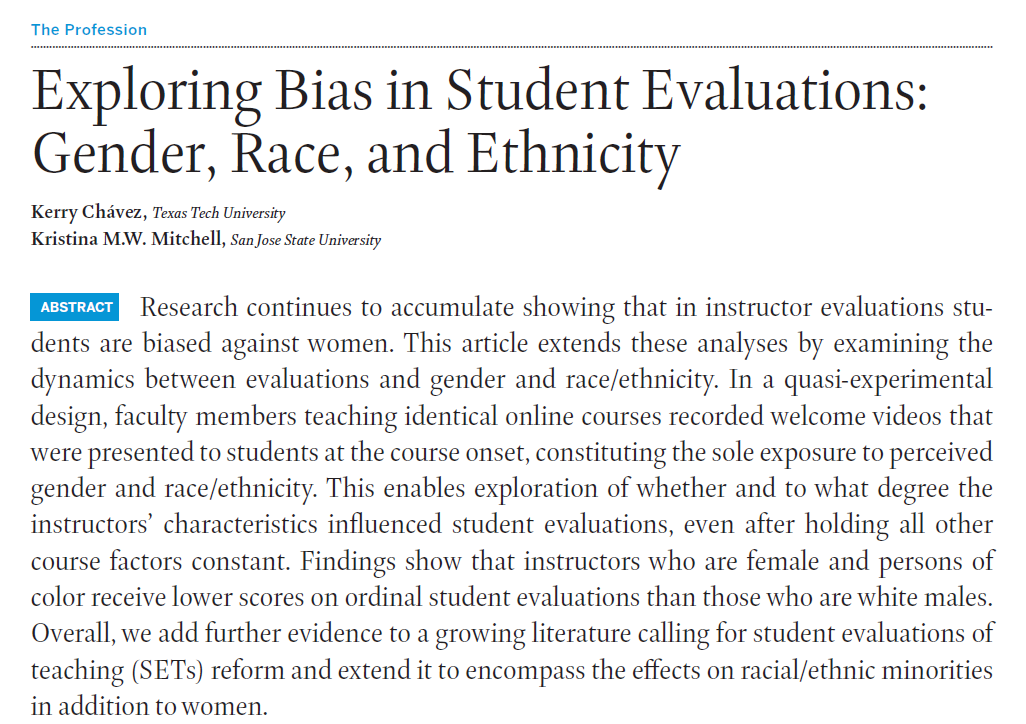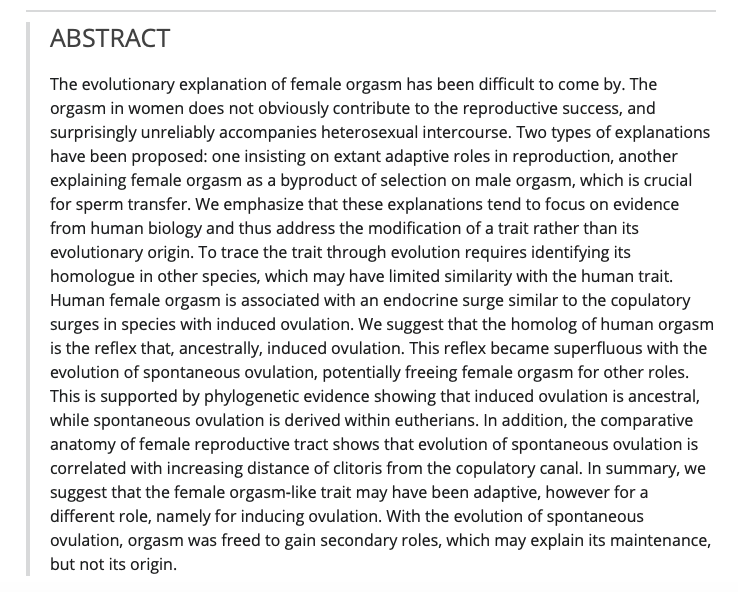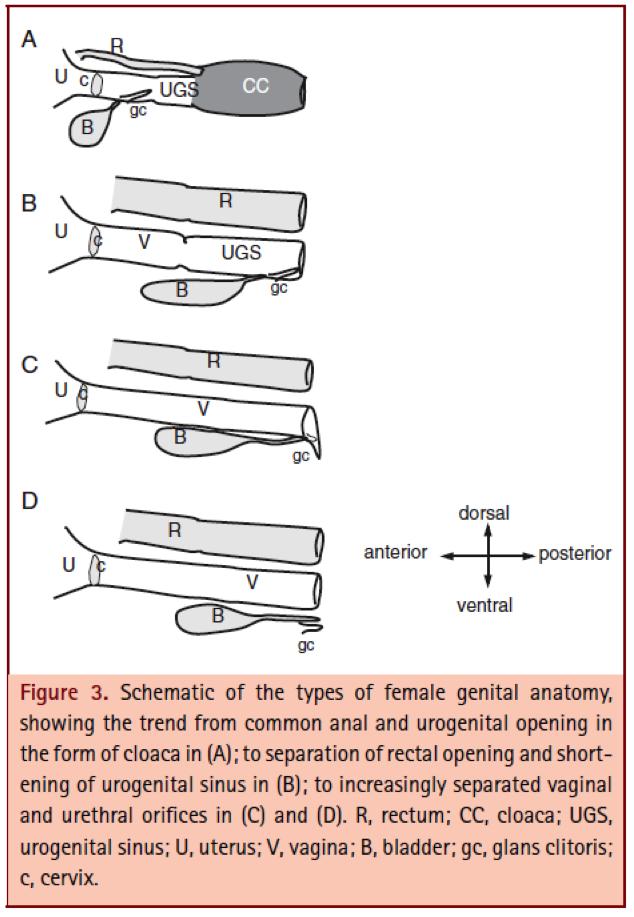
🚨Highlight reel thread of today's talk.🚨
I spoke to students and faculty at @AbertayUni about how we do #edtech research at WGU Labs, and advice for psychology PhDs looking to land an #altac role.
[THREAD] with pics, links to posts, and the full presentation at the end 👇🏼 1/
I spoke to students and faculty at @AbertayUni about how we do #edtech research at WGU Labs, and advice for psychology PhDs looking to land an #altac role.
[THREAD] with pics, links to posts, and the full presentation at the end 👇🏼 1/
https://twitter.com/NicoleBarbaro/status/1329424196276002817
The #edtech industry has been on the rise since 2018, but #COVID19 has acted as a catalyst for online learning at scale in 2020. Edtech adoption by educators has been a huge output of this pandemic & all the more reason that our work at Labs is super relevant right now. 2/ 

However, there are some three key problems that I see with #edtech research👇🏼
Edtech research should focus IMO on enhancing core learning processes. I've talked about some of this here: nicolebarbaro.com/2020/06/16/usi… 3/
Edtech research should focus IMO on enhancing core learning processes. I've talked about some of this here: nicolebarbaro.com/2020/06/16/usi… 3/

Our main focus, then, is to identify products that solve education access problems and learning problems as a priority.
Once identified, we conduct rigorous research to ensure that these products have positive impacts on student learning and academic outcomes. 4/

Once identified, we conduct rigorous research to ensure that these products have positive impacts on student learning and academic outcomes. 4/


What is our research approach at Labs? We're guided by key actions (outside) and core research values (inside) that keep our research rigorous, transparent, and impactful.
A key way in which we do so is by utilizing @OSFramework (check us out: osf.io/pnjq8/) 5/
A key way in which we do so is by utilizing @OSFramework (check us out: osf.io/pnjq8/) 5/

#OpenScience is foundational to our research to solve general research problems in social science, but also to increase the credibility and access of company-funded research.
I go into details here: nicolebarbaro.com/2020/04/15/ope… 6/



I go into details here: nicolebarbaro.com/2020/04/15/ope… 6/




Finally, I discussed how psychology (or other social science) PhDs might go about landing an #altac research role such as the one I have.
I focused on a few key pieces of advice, but I have a full column on the details available here: nicolebarbaro.com/2020/02/03/my-… 7/
I focused on a few key pieces of advice, but I have a full column on the details available here: nicolebarbaro.com/2020/02/03/my-… 7/

Last, I discussed the different and new experiences that one might have in an #altac role versus a traditional post-doc or faculty role.
Theses are a few key pieces, but I've also discussed my early experience in this role in a piece for @BeyondProf beyondprof.com/from-psycholog… 8/
Theses are a few key pieces, but I've also discussed my early experience in this role in a piece for @BeyondProf beyondprof.com/from-psycholog… 8/

If you're interested in the full presentation on EdTech X Learning Science at WGU Labs, check out the slide deck here: osf.io/xp3yb/
A recording will be available soon! Thanks for having me @AbertayUni! 😀
/end
A recording will be available soon! Thanks for having me @AbertayUni! 😀
/end
@threadreaderapp unroll
• • •
Missing some Tweet in this thread? You can try to
force a refresh




